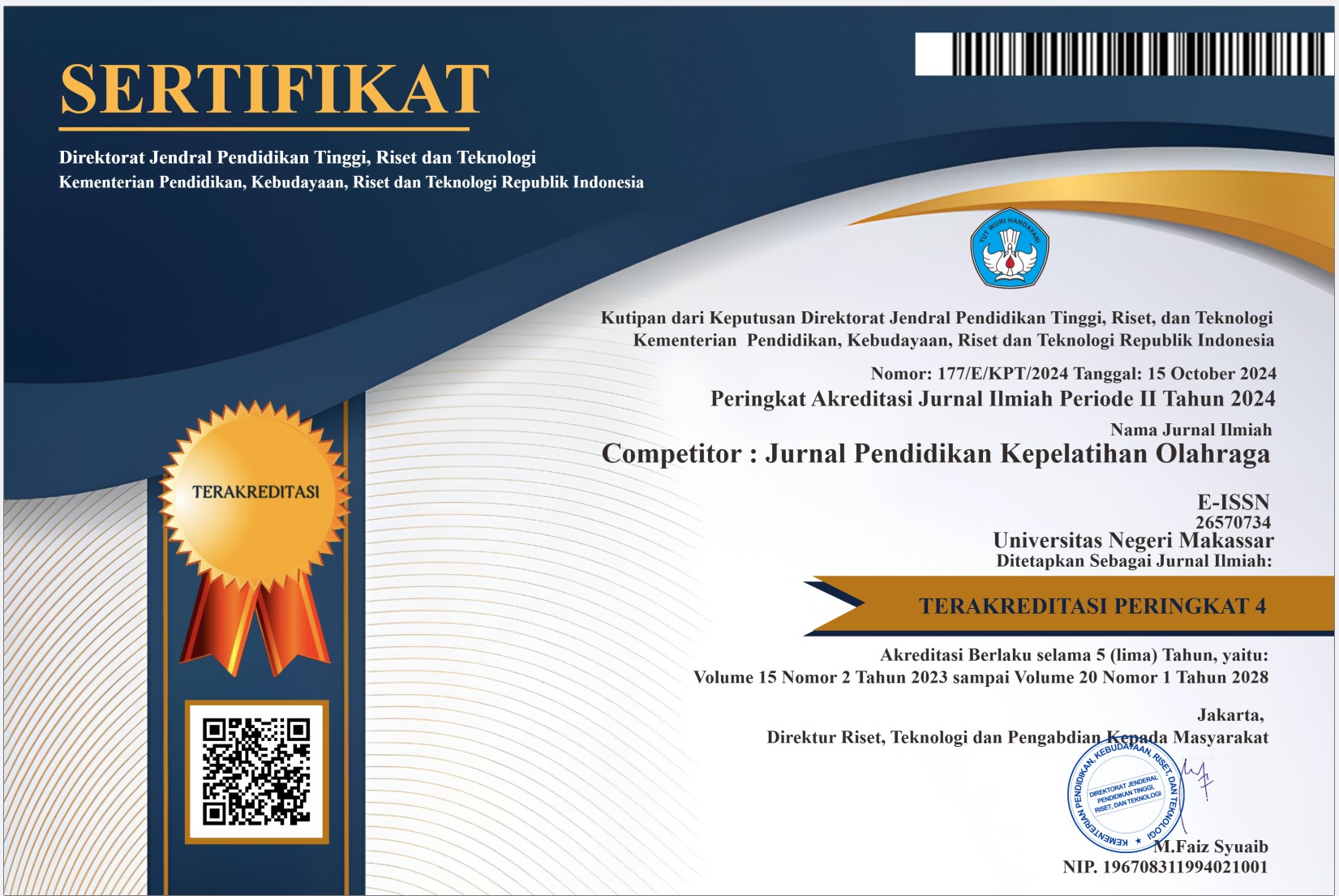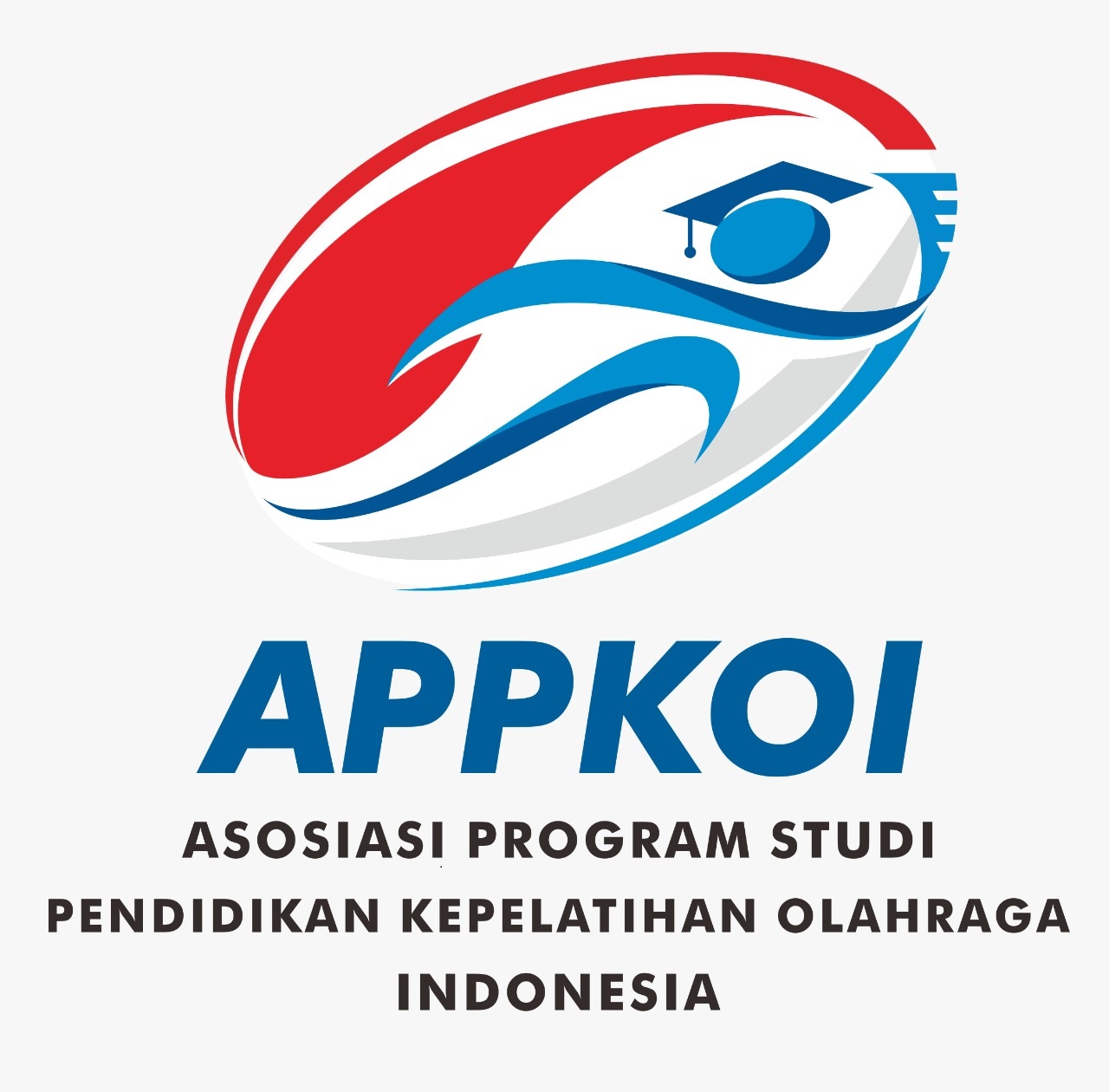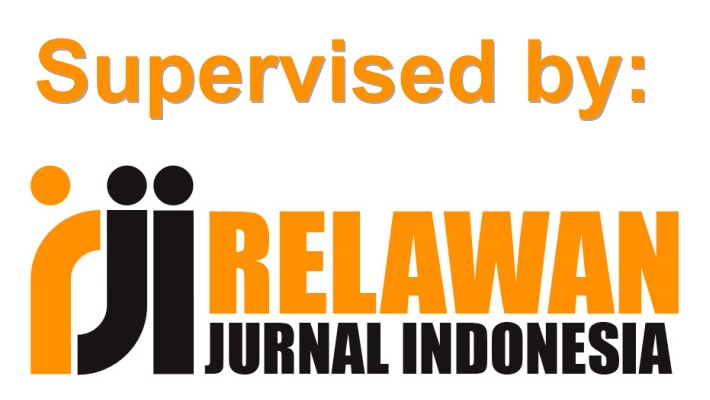Internalization of Pancasila Values Through Semi-Military Discipline Education for Problematic Students (Case Analysis of the 2025 West Java Governor's Program)
DOI:
https://doi.org/10.26858/cjpko.v17i2.74098Keywords:
Character Education, Military Discipline, Troubled Adolescents, Pancasila, Citizenship Education.Abstract
A serious challenge in student character development today is the rise of deviant behaviour such as brawls, gang violence, and drug abuse. To address this, the Governor of West Java, Dedi Mulyadi (2025), launched a semi-military disciplinary program for troubled students. This study analyses the effectiveness of the program in internalising Pancasila values through the lens of Pancasila and Citizenship Education. Using a qualitative case study approach, data were collected via in-depth interviews, observation, documentation, and analysed using SWOT analysis. The findings indicate that the program's main strength lies in the discipline and role modelling by instructors. These foster concrete internalisation of Pancasila values—responsibility, civility, cooperation, discipline, and national spirit. However, a key weakness is the lack of a dialogical, reflective component in the learning process. Opportunities exist for scaling the program to other regions, yet threats arise from criticisms by parents and education experts who deem militaristic methods unsuitable for youth development. The study concludes that character education should blend humanistic and militaristic approaches. For long-term success, supportive regulations and ongoing monitoring and evaluation are essential to ensure the program’s sustained effectiveness.
References
Abidin, Y. (2015). Revitalisasi pendidikan karakter. Bandung: Remaja Rosdakarya.
Azizah, L. A., Tuzzami, U., & Fadilah, A. A. (2025). Implementasi Nilai-Nilai Pancasila Bagi Siswa Di Era Globalisasi. Journal Transformation of Mandalika, e-ISSN: 2745-5882, p-ISSN: 2962-2956, 6(4), 144–150.
Bourdieu, P. (1990). In other words: Essays toward a reflexive sociology. Stanford University Press.
Dinas Pendidikan Provinsi Jawa Barat. (2023). Laporan evaluasi program pembinaan remaja bermasalah. Bandung: Disdik Jabar.
Durkheim, E. (1956). Education and sociology. New York: Free Press
Hirschi, T. (1969). Causes of Delinquency. Berkeley: University of California Press
Lickona, T. (1991). Educating for character: How our schools can teach respect and responsibility. New York: Bantam Books
Mardiyantoro, N. (2019). Metodologi Penelitian. E-learning FASTIKOM, 1–18.
Miles, M. B., & Huberman, A. M. (1994). Qualitative data analysis: An expanded sourcebook. Sage.
Muslimin, H. (2016). Tantangan terhadap pancasila sebagai ideologi dan dasar negara pasca reformasi. Jurnal Cakrawala Hukum, 7(1), 30â – 38.
Radar Jabar. (2025, Mei 20). Siswa bermasalah kini jadi teladan, berkat latihan di barak militer. https://radarjabar.id/siswa-barak
Saiful, S., Yusliani, H., & Rosnidarwati, R. (2022). Implementasi Pendidikan Karakter: Perspektif Al-Ghazali & Thomas Lickona Di Madrasah Ibtidaiyah Terpadu (MIT) Meunara Baro Kabupaten Aceh Besar. Edukasi Islami: Jurnal Pendidikan Islam, 11(01).
Santrock, J. W. (2022). Essentials of life-span development.
Sanur, I. S., & Dermawan, W. (2023). Pendidikan Multikultural untuk Membentuk Karakter Bangsa. Pendekar: Jurnal Pendidikan Berkarakter, 6(1), 1–6.
Tilaar, H. A. R. (2003). Kekuasaan dan pendidikan: Suatu tinjauan dari perspektif studi kultural. IndonesiaTera.
Widianto, A. T., & Widyasari, R. (2025). Pancasila Socialism and Chinese Socialism: A Comparative Analysis Between Religious and Materialist Approaches In The Formation of State Ideology. Jurnal Sangkala, 4(2), 90–99.
Downloads
Published
Issue
Section
License
Copyright (c) 2025 Terra Erlina, Gani Kardani (Author)

This work is licensed under a Creative Commons Attribution 4.0 International License.



















